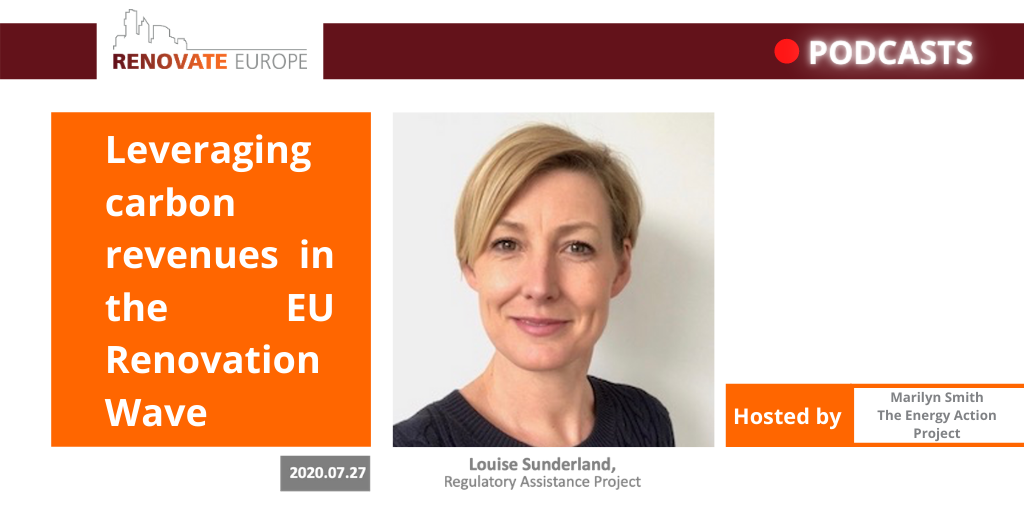Background
The European Green Deal calls for a just, clean energy transition and makes a commitment to ‘leave no one behind.’ The state of EU buildings creates a dual challenge for decarbonising the 27 EU economies. First, buildings account for 40% of EU energy demand and 36% of greenhouse gas emissions, with those average figures varying widely from country to country. Second, inefficient homes are the main reason some 50-100 million EU citizens currently live in situations of energy poverty.
Considering that 97% of EU buildings need some level of energy renovation, some estimates put the cost at €300 billion per year for the next 30 years – €1 billion per day, every day until 2050. But counting just the costs misses the more important point: according to the International Energy Agency, aggressively implementing energy efficiency on a global scale could deliver benefits of €500 billion annually.
The Renovate Europe Campaign is pleased to see the call for a Renovation Wave within the EU Green Deal – and is actively engaged in shaping its strategy. Knowing that such an effort must be undertaken strategically, we’ve launched this podcast series to give voice to a range of experts to explore topics such as who needs to take action — when, where, why and how — in order to optimise efficiency gains and returns on investment. As sustaining a renovation wave will require effective policy and large-scale practical action, we will investigate examples of early movers who can show promising results.
For this podcast series, the Renovate Europe Campaign is collaborating with The Energy Action Project (EnAct), acknowledging their important reporting on energy poverty the EU through the COLD@HOME website.
Podcast 1: Leveraging carbon revenues in the EU Renovation Wave

The Renovate Europe Campaign invites Louise Sunderland of the Regulatory Assistance Project (RAP) to talk about her recent research, which shows that using carbon revenues to fix the homes of low-income families delivers better returns than existing stop-gap measure to reduce the impacts of energy poverty. Louise also brings the perspective of volunteering at a community energy cooperative in South London that provides services to low-income households. With host Marilyn Smith of The Energy Action Project (EnAct), this podcast digs into the reality that people spend 90% of their time indoors and homes make up 75% of the EU building stock. The renovate challenge is exacerbated by huge variety in housing types and the need for large-scale investment, delivered in relatively small sums.
Speaker: Louise Sunderland, The Regulatory Assistance Project (RAP)
Host: Marylin Smith, the Energy Action Project (EnAct)
Listen here: https://soundcloud.com/user-443004419/leveraging-carbon-revenues-in-the-eu-energy-renovation-wave/s-1nYVltEHqtL
